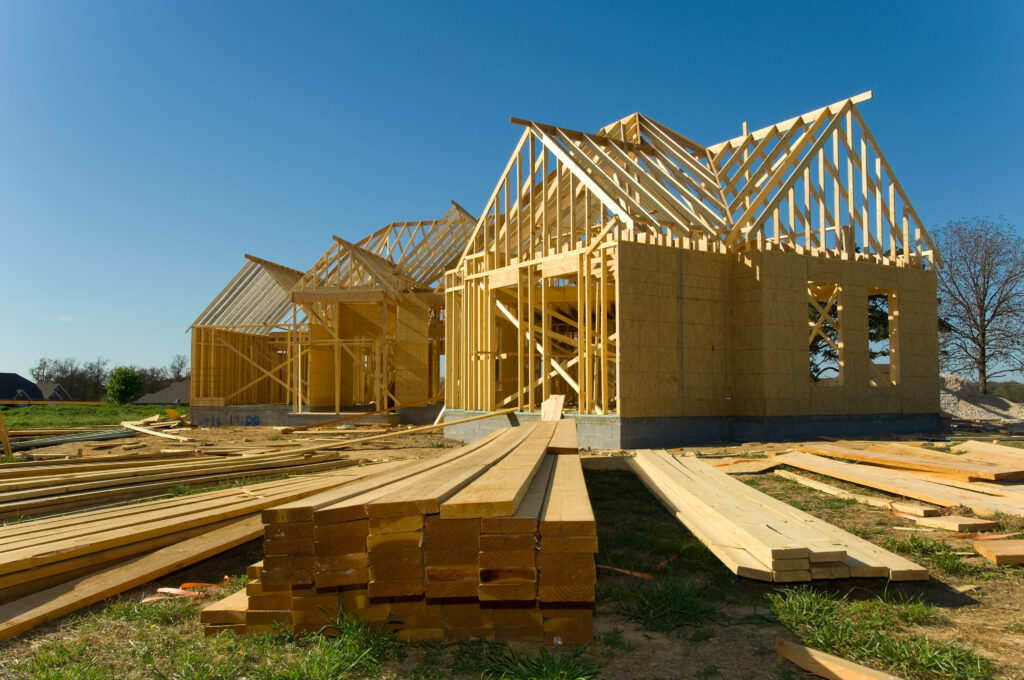
A construction mortgage, also known as a construction loan or a self-build loan, is a specialized type of home loan designed to finance the construction of a new home or the significant renovation of an existing property. Here’s a brief description of construction mortgages:
1. **Purpose:** Construction mortgages are specifically intended to fund the construction or renovation of a residential property. They provide financing for the costs associated with building or renovating a home, including materials, labor, and permits.
2. **Two-Phase Structure:** Construction mortgages typically have a two-phase structure.
– **Construction Phase:** During this phase, borrowers receive funds to cover the construction or renovation costs. The lender disburses funds in installments, known as “draws,” as specific construction milestones are achieved. Borrowers only pay interest on the amount disbursed.
– **Permanent Phase:** After construction is complete, the construction mortgage transitions into a permanent mortgage, such as a fixed-rate or adjustable-rate mortgage. This phase is used to repay the remaining loan balance and provides long-term financing for the property.
3. **Short-Term Loan:** The construction phase of a construction mortgage is typically short-term, lasting from six months to a few years, depending on the complexity of the project. Once the construction is finished, the loan is converted into a long-term mortgage with a fixed or adjustable interest rate.
4. **Interest Payments:** During the construction phase, borrowers usually make interest-only payments on the amount disbursed by the lender. These payments are temporary and designed to minimize the borrower’s initial financial burden.
5. **Down Payment:** Borrowers are often required to make a down payment when obtaining a construction mortgage. The down payment percentage can vary but is typically higher than what’s required for a standard home purchase mortgage.
6. **Builder and Contractor Involvement:** Construction mortgages often involve builders, contractors, and inspectors to oversee the construction process, ensure it meets local building codes, and verify that funds are disbursed as construction milestones are reached.
7. **Property Appraisal:** Lenders may require an appraisal of the completed property before converting the construction loan into a permanent mortgage. This appraisal helps determine the property’s final value.
8. **Credit and Income Requirements:** Borrowers need to meet specific credit and income criteria to qualify for a construction mortgage, similar to traditional mortgages.
9. **Construction Plans and Budget:** Borrowers must provide detailed construction plans and a budget, outlining the scope of work and anticipated costs, to the lender for approval.
10. **Interest Rate Considerations:** The interest rate during the permanent phase of the construction mortgage may be either fixed or adjustable, depending on the borrower’s preference and market conditions at the time of conversion.
Construction mortgages are a valuable financing option for individuals looking to build their dream home or undertake significant renovations. However, they require careful planning, budgeting, and coordination with builders and lenders to ensure a successful construction project. Borrowers should work closely with lenders experienced in construction lending to navigate the process effectively.